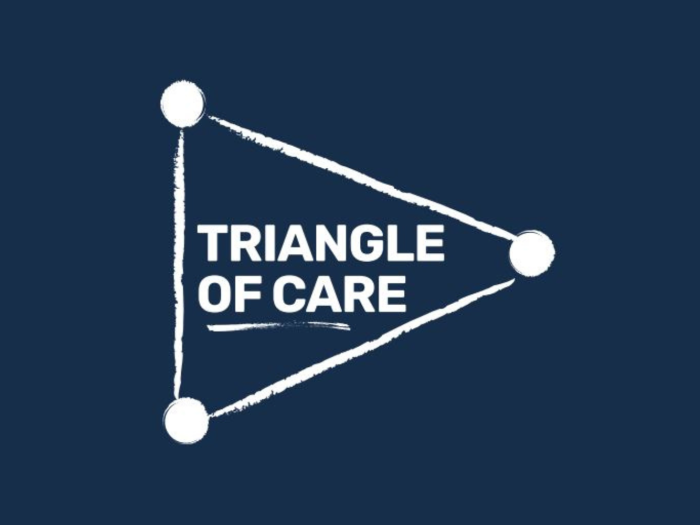Do you provide support to family or friends who could not manage without this help? This could be caring for a relative, partner or friend using or who has used our services.
A carer could be a spouse, partner, parent, sibling, child, friend, a neighbour, or any other relative. Anybody from any background and of any age can be a carer and each carer’s experiences are unique to their own circumstances.
The role of a carer can include activities such as assisting at mealtimes, helping people to the toilet, helping people to wash and dress, move around the home, shop, clean, cook, wash clothes, help with medication, look after money, and take people to appointments as well as providing company and emotional support.
